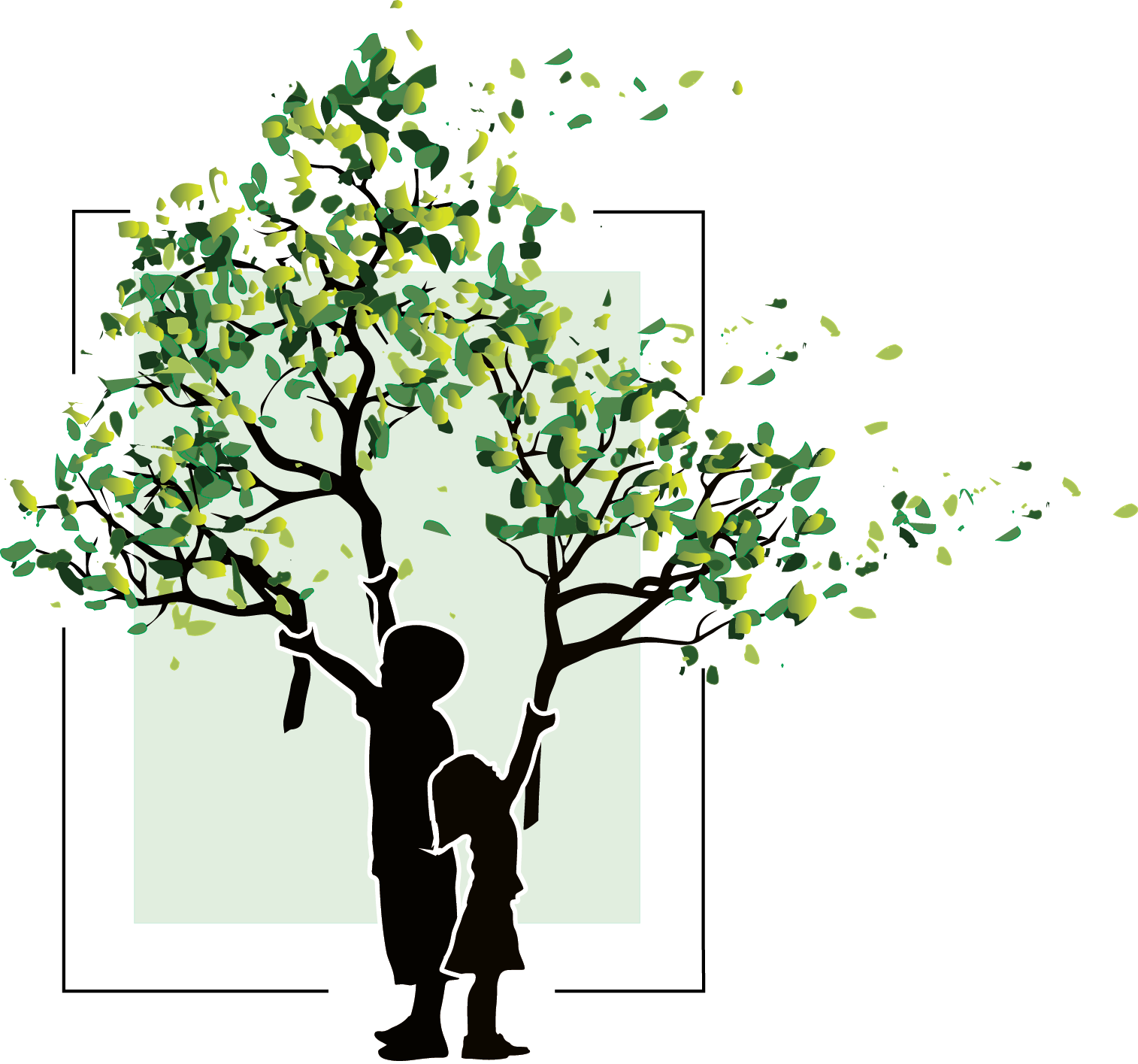Date Published:
aug
Abstract:
OBJECTIVES: We examined associations between perceived discrimination due to race/ethnicity, sexual orientation, or gender; responses to discrimination experiences; and psychiatric disorders. METHODS: The sample included respondents in the 2004-2005 National Epidemiologic Survey on Alcohol and Related Conditions (n = 34 653). We analyzed the associations between self-reported past-year discrimination and past-year psychiatric disorders as assessed with structured diagnostic interviews among Black (n = 6587); Hispanic (n = 6359); lesbian, gay, and bisexual (LGB; n = 577); and female (n = 20 089) respondents. RESULTS: Black respondents reported the highest levels of past-year discrimination, followed by LGB, Hispanic, and female respondents. Across groups, discrimination was associated with 12-month mood (odds ratio [ORs] = 2.1-3.1), anxiety (ORs = 1.8-3.3), and substance use (ORs = 1.6-3.5) disorders. Respondents who reported not accepting discrimination and not discussing it with others had higher odds of psychiatric disorders (ORs = 2.9-3.9) than did those who did not accept discrimination but did discuss it with others. Black respondents and women who accepted discrimination and did not talk about it with others had elevated rates of mood and anxiety disorders, respectively. CONCLUSIONS: Psychiatric disorders are more prevalent among individuals reporting past-year discrimination experiences. Certain responses to discrimination, particularly not disclosing it, are associated with psychiatric morbidity.
